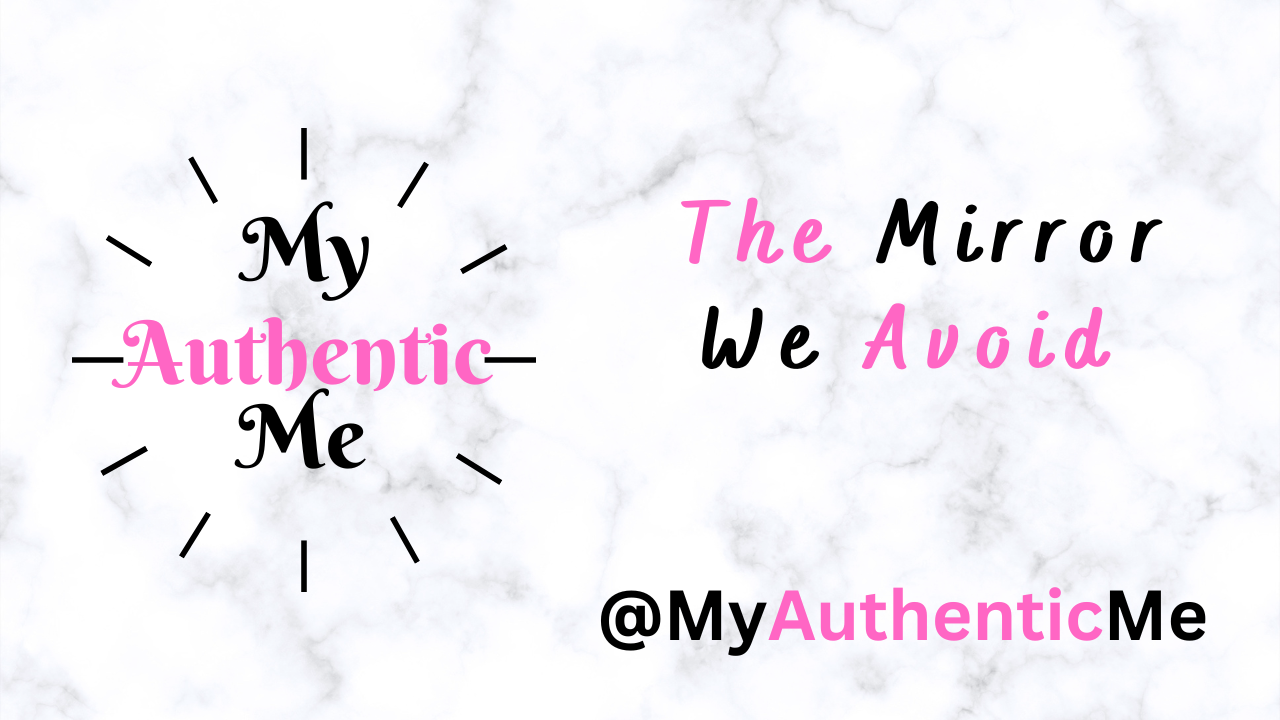The Mirror We Avoid

It’s Easier to Project Than It Is to Reflect.
Have you ever caught yourself blaming someone else for something that, deep down, you might also struggle with? Maybe you’ve called someone selfish, controlling, or distant — only to realize later that you were acting out of fear, insecurity, or pride.
That uncomfortable realization is what psychologists call projection — and it’s one of the mind’s most subtle ways of protecting us from ourselves.
What Is Projection, Really?
Projection happens when we unconsciously transfer our own emotions, traits, or fears onto someone else. It’s the mental sleight of hand that allows us to say “you’re the problem,” instead of admitting “I’m struggling.”
When something within us feels too heavy, too ugly, or too painful to own, our minds push it outward. We see our inner conflicts reflected in others — like holding up a mirror but not recognizing the face looking back. We might accuse someone of being judgmental when we’re the ones afraid of being judged. We might call someone controlling when, in truth, we fear losing control. We might label someone distant when it’s really us who have emotionally shut down.
Why We Do It
Projection serves a purpose — it protects our self-image. Admitting that we carry flaws, fears, or resentment can feel threatening. So instead, we disguise them as someone else’s issue.
It’s easier. It’s safer. But it’s also deceptive. The cost of projection is self-awareness. When we constantly point outward, we stop looking inward. We end up living behind a wall of blame and defensiveness, disconnected from the very parts of ourselves that need understanding and healing.
The Power of Reflection
Reflection, on the other hand, asks us to pause and turn that mirror back toward ourselves. It’s not about guilt or self-criticism — it’s about curiosity.What if, instead of asking “Why are they like that?” we asked “What is this bringing up in me?” That small shift changes everything. It transforms confrontation into insight, and judgment into growth. Reflection helps us see the world not as a projection of our wounds, but as a reflection of our awareness.
Healing Starts Where Projection Ends
The truth is, projection keeps us stuck — in the same patterns, the same frustrations, the same emotional loops. Reflection frees us. It’s uncomfortable at first, but it’s the discomfort that brings clarity. Every time you catch yourself reacting strongly to someone else, ask: “Is this really about them… or is this about me?” That’s where real healing begins — not in blaming others for triggering us, but in understanding why we’re triggered in the first place. So yes, it’s easier to project than it is to reflect. But only reflection can set you free.



